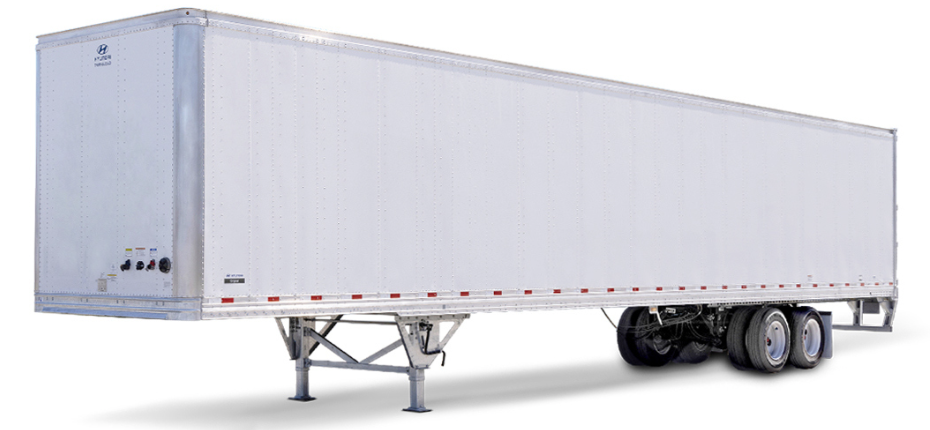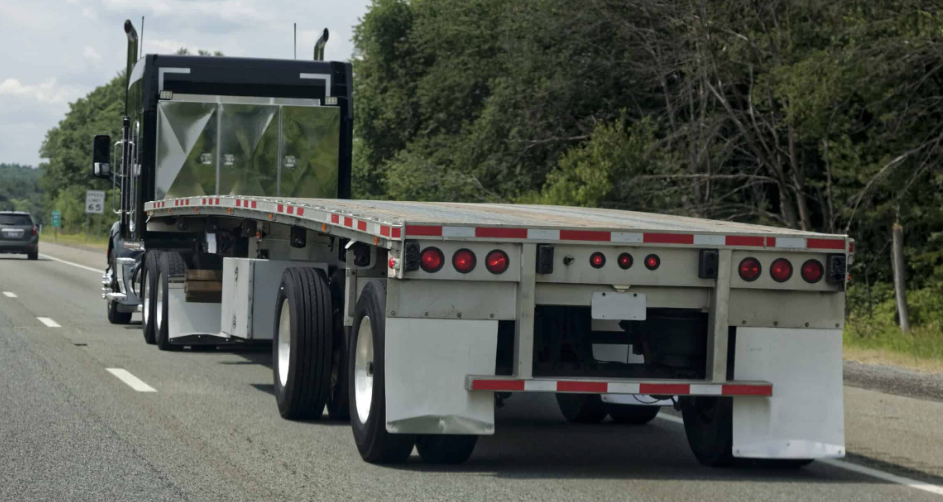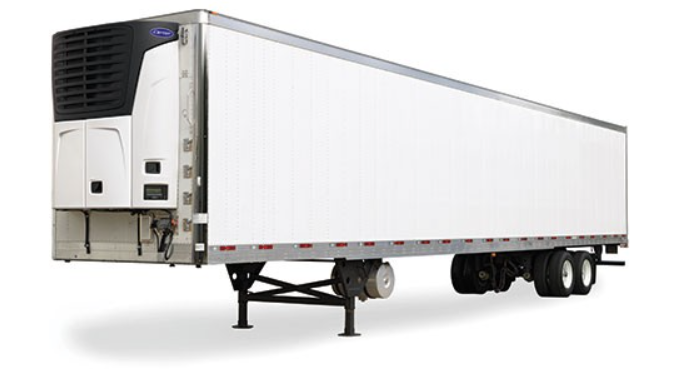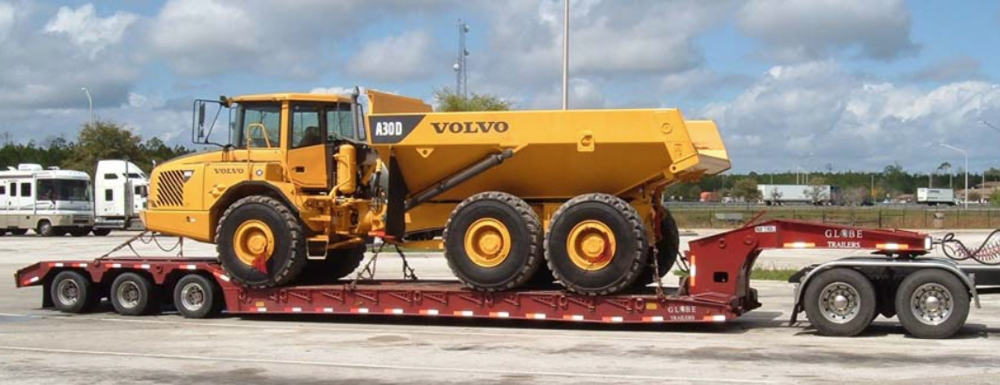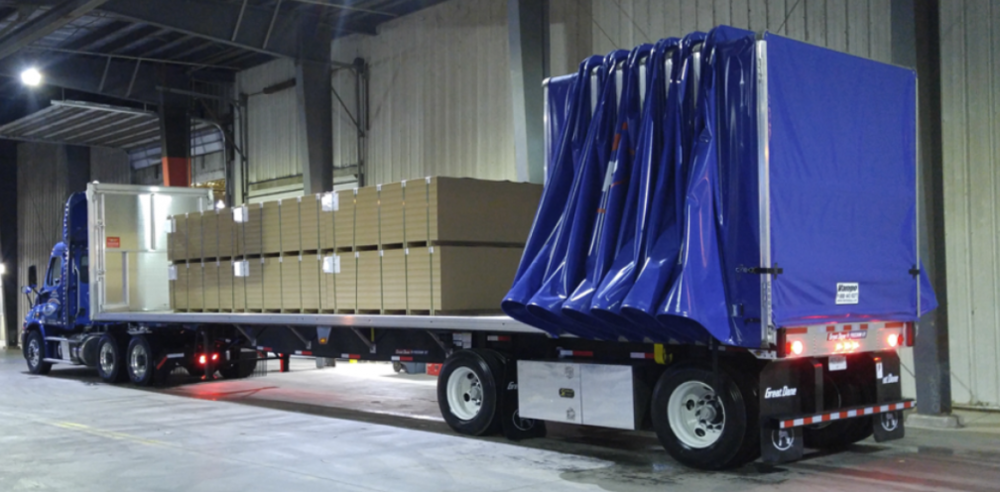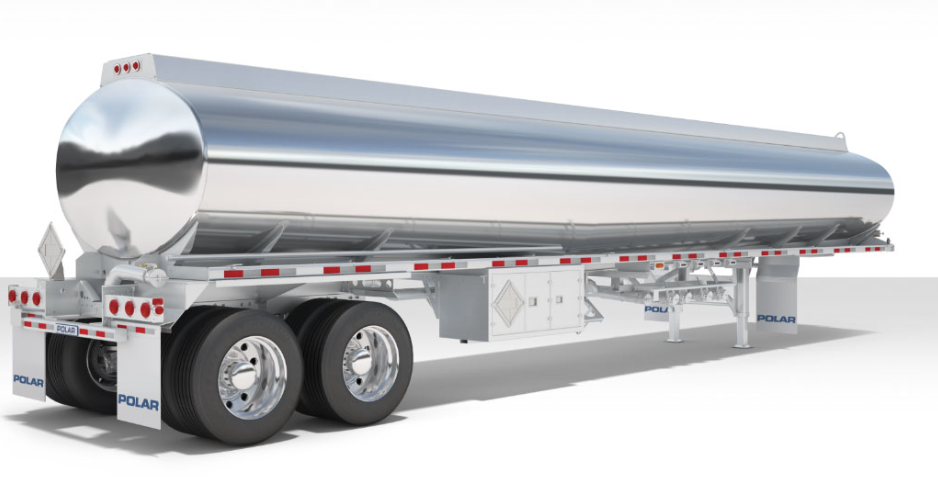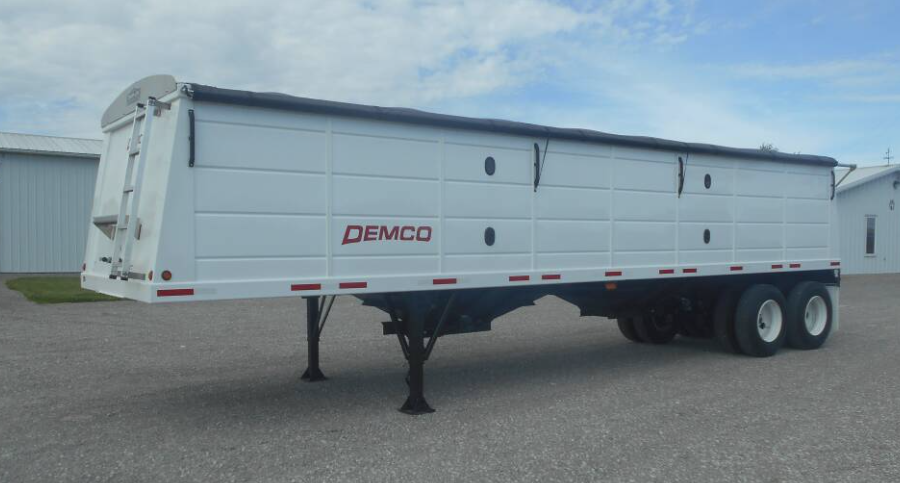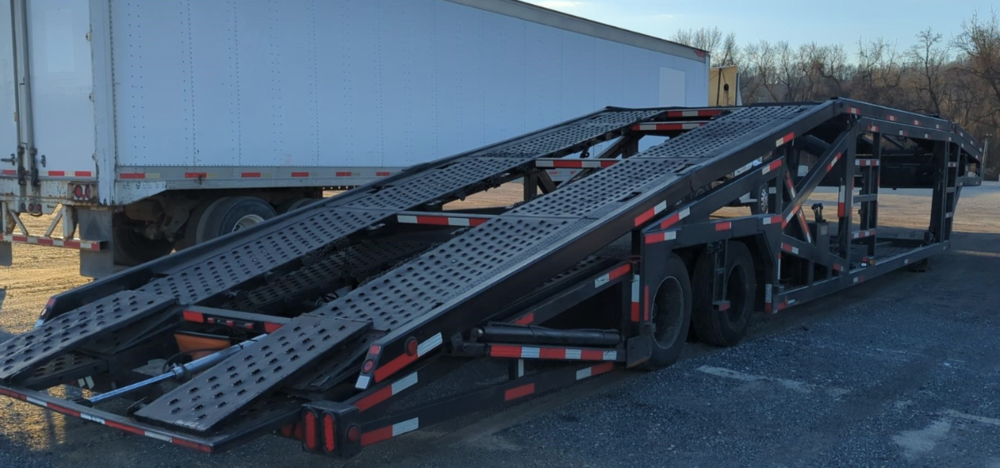In the USA, the freight and logistics industry employs a variety of 18-wheeler trailer types to accommodate different types of cargo. Here's an overview of the most common types:
- Dry Van Trailers: These are the most common types of trailers, used to haul non-perishable goods. They're fully enclosed to protect the cargo from the elements.
- Flatbed Trailers: These open-deck trailers are used for cargo that is too large or awkwardly shaped to fit in a standard trailer. They're commonly used for heavy equipment, construction materials, and other oversized loads.
- Refrigerated Trailers (Reefers): These are temperature-controlled trailers used to transport perishable goods like food, plants, and pharmaceuticals.
- Lowboy Trailers: These are specialized trailers with two drops in deck height: one right after the gooseneck and another right before the wheels. This allows them to carry tall loads (like construction equipment) that wouldn't fit under bridges on a flatbed.
- Step Deck (or Drop Deck) Trailers: Similar to flatbeds but with a top and bottom deck, these trailers are designed to transport items that are too tall for a flatbed but not tall enough to require a lowboy.
- Conestoga Trailers: These have a flexible retractable roof and sides that can be moved out of the way to load and unload goods, providing the protection of a dry van with the loading ease of a flatbed.
- Tanker Trailers: Designed for liquid cargo, these trailers can carry everything from water and milk to hazardous chemicals.
- Bulk Commodity Trailers (Hoppers): These are used for bulk cargo such as grain, feed, and fertilizer. They have a bottom opening for easy unloading.
- Car Carriers: These specialized trailers are designed to transport vehicles, with built-in ramps for loading and multiple levels to carry several vehicles at once.
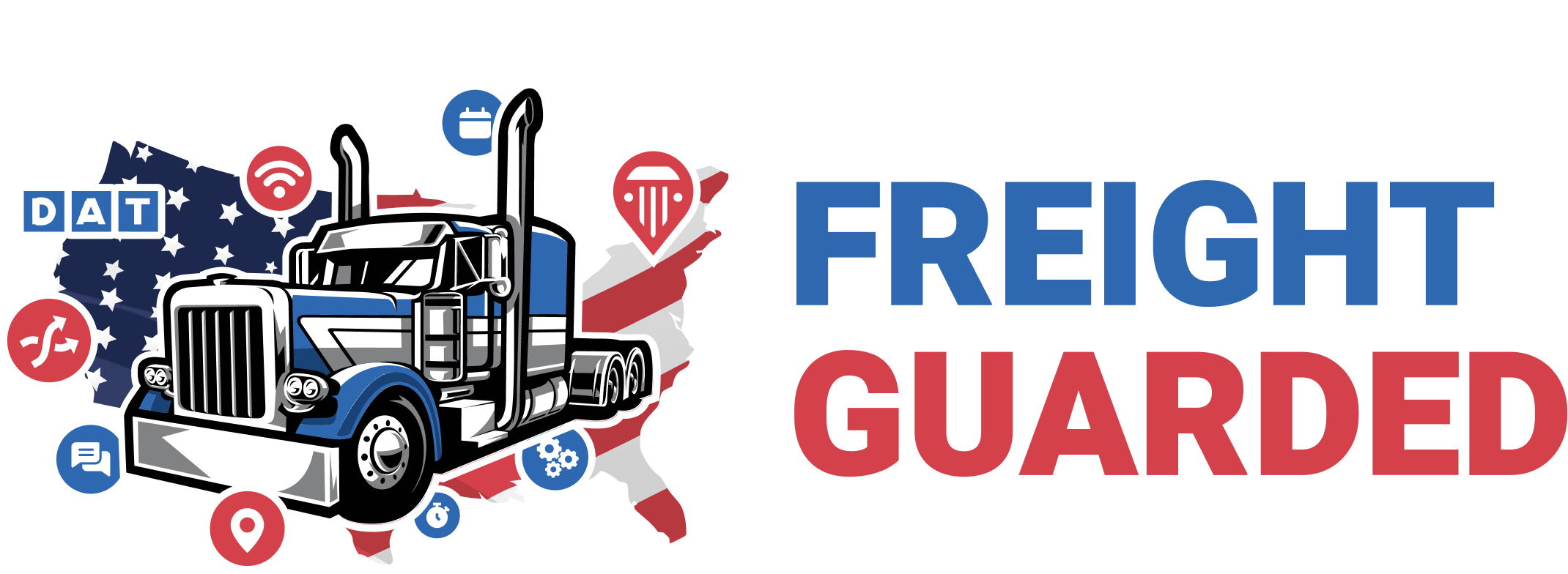
.thumb.jpg.79710ba0be5a9f3be83fb45bcaf36e79.jpg)
